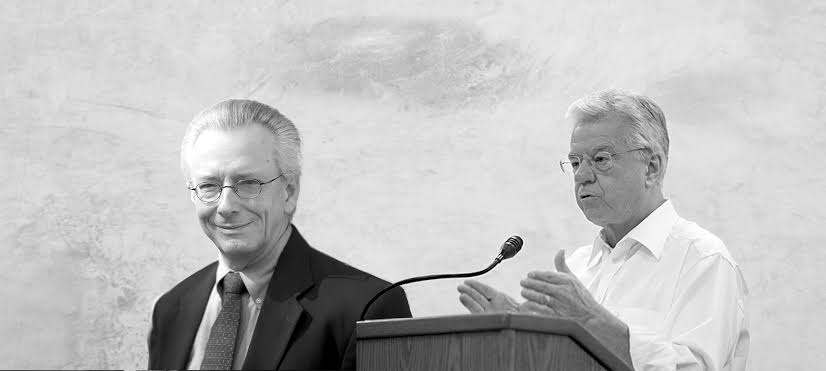
Beauchamp and Childress’s principlism turns 40
The Principles of Biomedical Ethics is unrivaled in its influence.
Tom Beauchamp and James Childress’s 1979 tome Principles of Biomedical Ethics (PBE) is widely seen as the most influential work of bioethics scholarship produced in the 20th Century. The four principles articulated in Beachamp and Childress’s famous textbook — respect for autonomy, beneficence, non-maleficence and justice — have become a touchstone for the validity and soundness of any bioethical argument. Indeed, as American ethicist Jonathan Moreno recently wrote, “it is hard to imagine what bioethics would be like without Principles of Biomedical Ethics”.
Beachamp and Childress have written an editorial in the latest edition of the American Journal of Bioethics to mark the 40th anniversary of PBE. The authors, now both approaching 80, discuss how they first conceived of the idea of a principles-based approach to bioethics:
“We appreciated the need for an approach that recognized the value of ethical theory for practical judgments but that did not fetishize a single type of theory or promote a single principle over all others. We became convinced that several moral principles provide significant common ground relevant to judgments in the biomedical sciences, medicine, and health care and that these principles could not be convincingly ranked a priori in a hierarchical order.”
Over the years, Beauchamp and Childress have doubled down on their principlist approach to moral deliberation in bioethics. Critics have variously the four principles are too vague, too narrow, or just downright simplistic. But Beauchamp and Childress argue that their critics have misunderstood the principlist framework:
“We do not suppose that our principles and rules exhaust the common morality; we argue only that our framework captures major moral considerations that are essential starting points for biomedical ethics. Some critics contend that the principles in “principlism” are merely clusters of moral concepts too abstract, general, and vague to guide judgments about actions. In response, we show how processes of specification and balancing link broad principles and rules to the concrete moral judgments needed in practical ethics”.
Indeed, the authors argue that a principlist approach, grounded in the idea of common morality, allows for both an acknowledgement of both universal ethical norms and rights as well as culturally specific dimensions medical practice and biomedical research.
“Because our principles are universally applicable, we defend a global bioethics and not merely customary, regional, or cultural rules. Our principles correlate with basic human rights and establish what is ethically acceptable for all societies. Nonetheless, the principles allow for justified differences in the ethics of professional practice in societies and cultures through processes of specification and balancing.”
In spite of the heavy criticism of PBE over the years, the influence of principlism on bioethics continues. PBE is now on to its eighth edition, has been cited over 26,000 times, and has been translated into six languages.
Xavier Symons is deputy editor of BioEdge
Beauchamp and Childress’s principlism turns forty
Xavier Symons
Creative commons
https://www.bioedge.org/images/2008images/Beauchamp_and_Childress.jpg
common morality
georgetown mantra
history of bioethics
principlism
